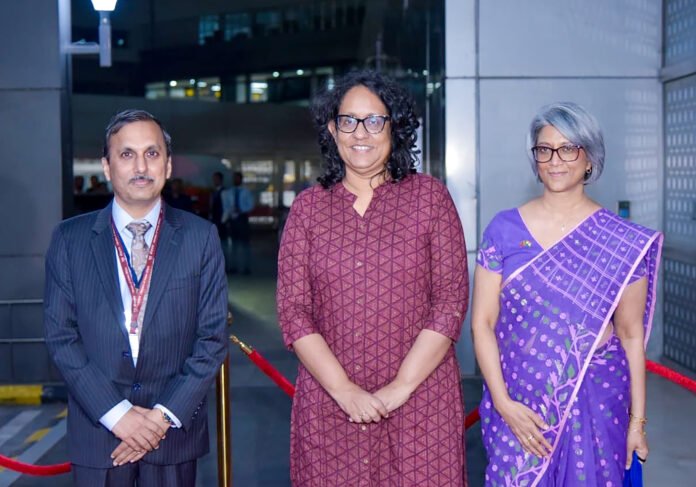New Delhi, Oct 17 – A new study from Spain shows that the tiny particles people breathe during pregnancy can slow how quickly a baby’s brain develops after birth. The research, led by scientists from Hospital del Mar, the Barcelona Institute for Global Health (ISGlobal) and the CIBERESP epidemiology group, examined the effect of PM2.5 – air‑borne dust that is about 30 times thinner than a human hair – on infants’ brain growth.
The team tracked the pollution levels women were exposed to while they were pregnant, then performed MRI scans on 132 newborns before they turned one month old. The scans measured myelination, the process where protective myelin sheaths form around nerve fibers and make brain signals faster. Babies whose mothers lived in places with higher PM2.5 spent the first month of life with noticeably slower myelination.
“Myelination is a key step in brain maturation,” said Gerard Martínez‑Vilavella, a neurologist at Hospital del Mar. “When it progresses too slowly, or too quickly, it can affect a child’s development. The big question is whether this slowdown will have long‑term effects on learning or cognition.”
Dr. Jesús Pujol, head of the MRI unit, added, “We know that brain changes are rapid and complex in the first months of life. Understanding the optimal pace of maturation will help us protect children from harmful environmental exposures.” He also noted that the placenta and the mother’s own filters may play a role in shielding the fetus from pollutants.
The researchers urge more studies to pinpoint exactly how each component of PM2.5— from combustion by‑products to essential metals like iron and zinc—impacts neonatal brain development. By clarifying these links, scientists hope to find ways to shield expectant mothers and their babies from the hidden dangers of air pollution.
Source: ianslive
Stay informed on all the latest news, real-time breaking news updates, and follow all the important headlines in world News on Latest NewsX. Follow us on social media Facebook, Twitter(X), Gettr and subscribe our Youtube Channel.



